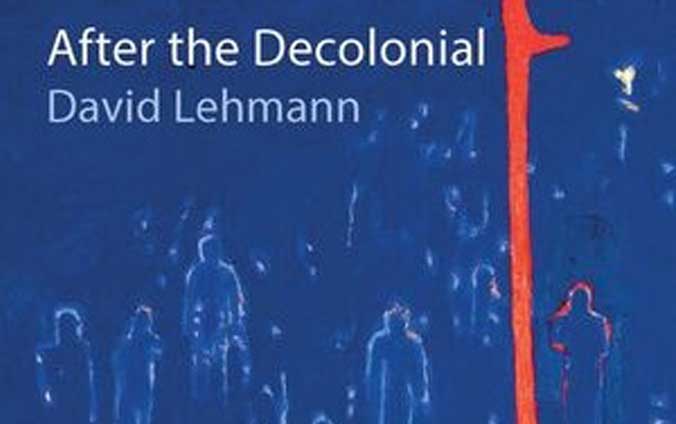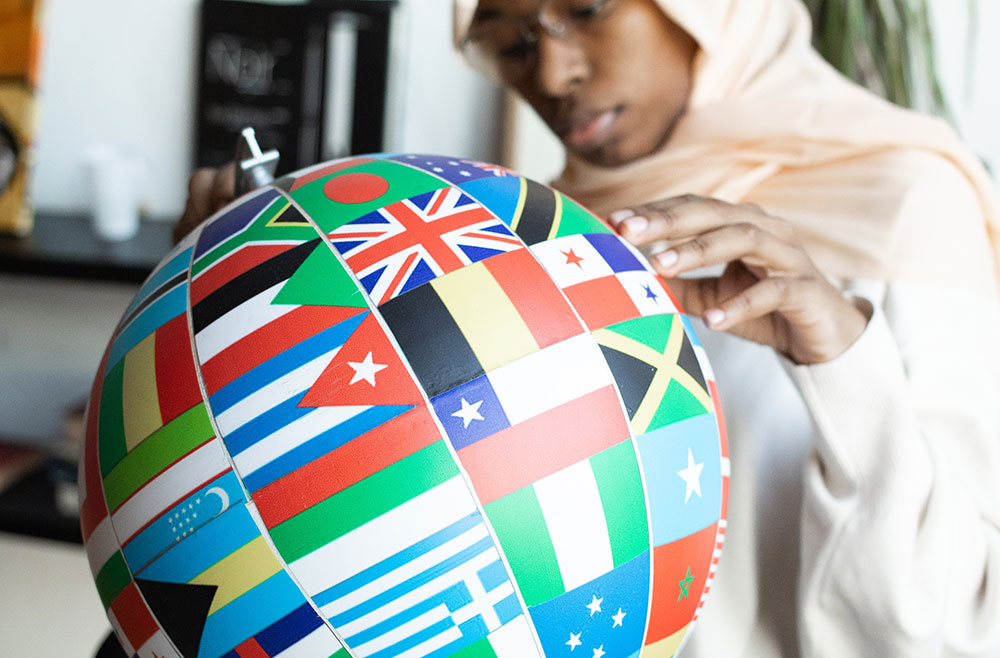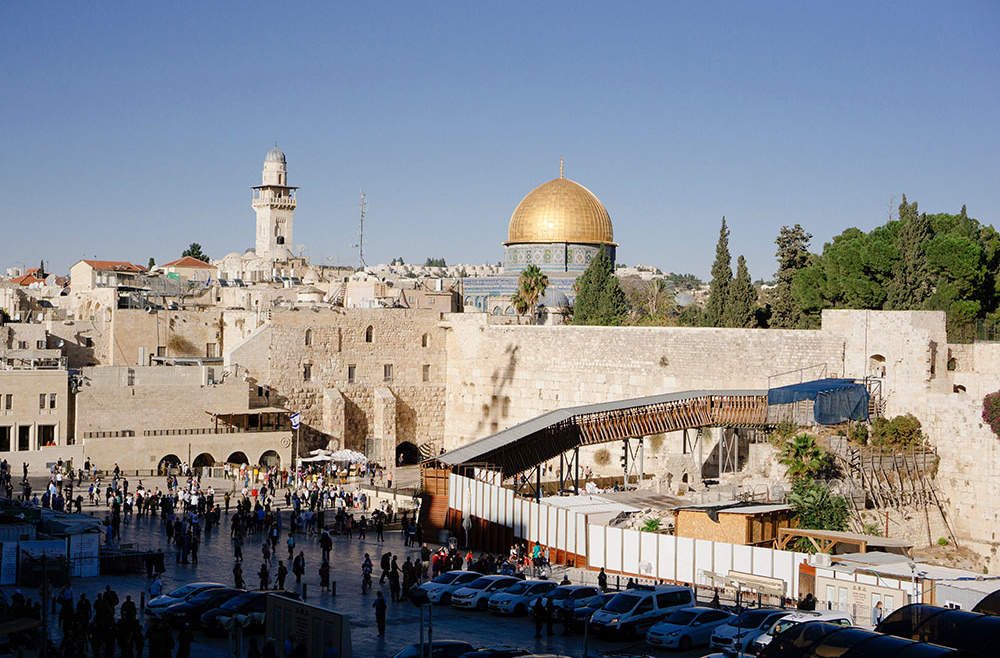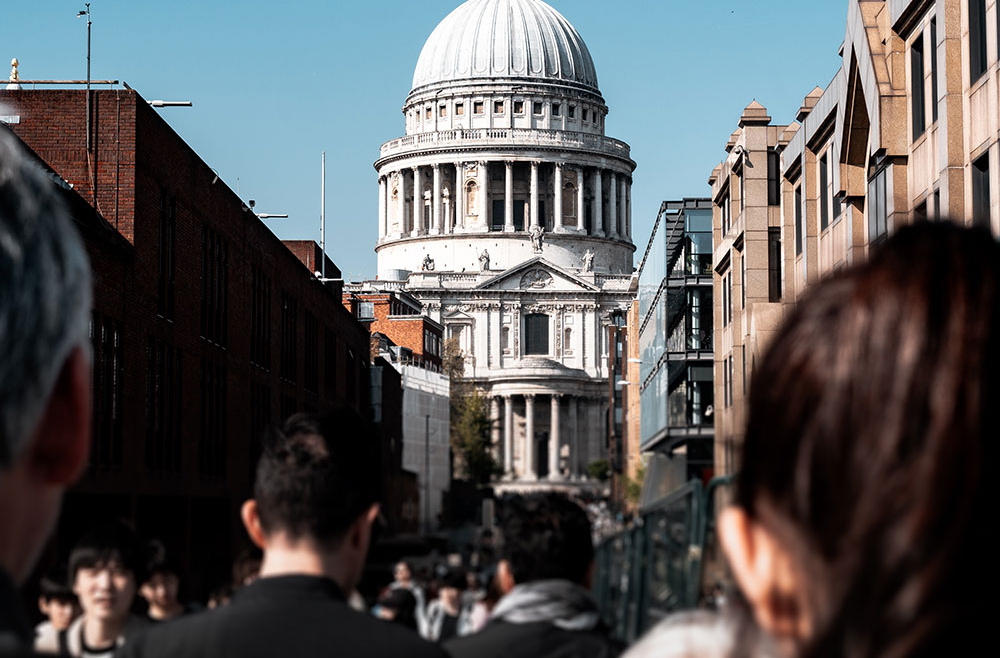
Polemical in some parts, exegetically and ethnographically detailed in others, ‘After the Decolonial’ retraces the ancestry of contemporary Latin American decolonial theories, discussing Mexican anthropologists old and new, the cultural theories of Edward Said, the philosophy of Emmanuel Levinas, the worldview of Frantz Fanon, and those I call the ‘gurus’ of the decolonial – Quijano, Mignolo and dos Santos. It differentiates their ideas…

When we talk of modernity we refer to many things, of which one is secularization and another is the use of rational, impersonal criteria to decide, allocate, adjudicate and evaluate (see the Introduction to this volume). One sense of secularization is the application of these criteria to the religious field: modern culture does not necessarily encourage disbelief, but it is said to…

The principal aim of the paper is to describe, in a comparative framework, how modern media have afforded to religion new ways of carving out public space, and how in innumerable contexts worldwide these relationships seem to be changing in comparable ways, irrespective of differences of location, culture and religious tradition.

The religious traditions of Judaism, Christianity and Islam are all today undergoing a transformation known generically as ‘fundamentalist’. Although this term is impossible any longer to define precisely, and although there are obvious differences between the movements to which the label is attached, numerous common features, including the original defining feature of fundamentalism – namely the idea of the inerrancy of a…

Hablar de globalización cuando nos referimos a la religión no es decir nada nuevo: tan antigua como la religión misma es la expansión de los rituales, las creencias y la autoridad religiosa a través de las fronteras étnicas, nacionales y linguísticas. La historia de la cristiandad y la del Islam han estado marcadas por interminables campañas, violentas y no violentas, de conversión…

The term fundamentalism is usually used, in secular intellectual parlance, to refer to religious cultures or communities characterized by (a) intolerance towards those who depart from a strict version of one or another religious tradition, (b) codes of behaviour which, when compared with codes prevailing in the mainstream of one or another religious tradition, or in the mainstream of society, are particularly…

It is fitting that in a tribute to Katia Mattoso one should write of the family, not only because so much of her contribution has been on that subject, but also because in her dispassionate and meticulous archival research she has provided material which helps to dispel some common misapprehensions in an area clouded by ideology and dubious preconceptions. For me, as…

